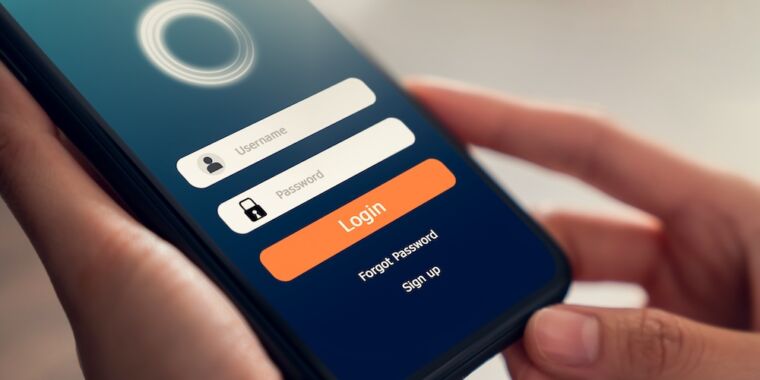- Aug 17, 2017
- 1,280
- 17,222
- 2,568
Security researchers developed a new attack, which they named AutoSpill, to steal account credentials on Android during the autofill operation. In a presentation at the Black Hat Europe security conference, researchers from the International Institute of Information Technology (IIIT) at Hyderabad said that their tests showed that most password managers for Android are vulnerable to AutoSpill, even if there is no JavaScript injection.
How AutoSpill works
Android apps often use WebView controls to render web content, such as login pages within the app, instead of redirecting the users to the main browser, which would be a more cumbersome experience on small-screen devices.
Password managers on Android use the platform’s WebView framework to automatically type in a user's account credentials when an app loads the login page to services like Apple, Facebook, Microsoft, or Google.
The researchers said that it is possible to exploit weaknesses in this process to capture the auto-filled credentials on the invoking app, even without JavaScript injection. If JavaScript injections are enabled, the researchers say that all password managers on Android are vulnerable to the AutoSpill attack.

AutoSpill attack steals credentials from Android password managers
Security researchers developed a new attack, which they named AutoSpill, to steal account credentials on Android during the autofill operation.
